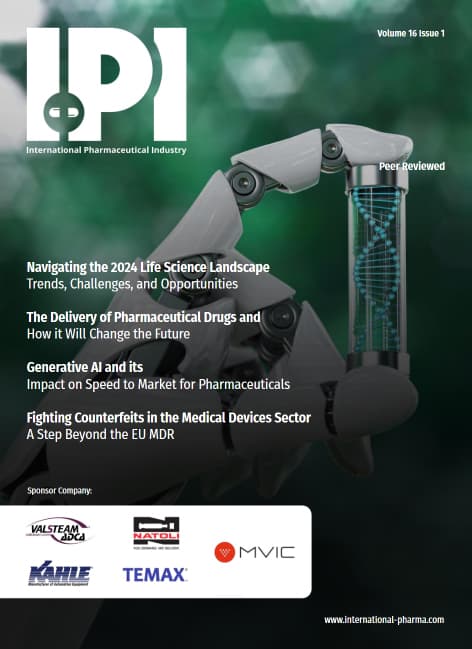NIVI aims to create new or improve vaccines to combat deadly airborne infections.
The Novo Nordisk Foundation has committed $260m to establish a new state-of-the-art research and vaccine development initiative to help combat deadly airborne infections.
The initiative aims to create new or improved vaccines for deadly respiratory diseases, including tuberculosis (TB) and influenza.
Developed in partnership with the University of Copenhagen and Denmark’s Statens Serum Institut, the vaccine initiative is the first-ever to focus on understanding how to generate immunity in the airway itself to potentially block infection and prevent airborne diseases from spreading.
Airborne diseases, such as COVID-19, chickenpox and respiratory syncytial virus, occur when bacteria or viruses are transmitted through small respiratory droplets.
Currently, most vaccine designs and testing focus on creating a systemic immune response to prevent disease or death.
The new initiative aims to create vaccines that generate a local immune response at the site of the infection to prevent infection, block transmission and generate long-term immunity, significantly reducing deaths and burdens on healthcare systems globally.
Researchers from the Novo Nordisk Foundation Initiative for Vaccines and Immunity (NIVI) will first focus on developing new vaccines for TB, influenza and group A Streptococcus, which are collectively responsible for over 2.5 million deaths every year.
Furthermore, NIVI will compare different vaccine antigens, platforms and delivery methods, such as testing and combining various strategies, including conventional injection in the muscle and nasal sprays, side by side to increase the chances of success.
By investigating these three diseases, NIVI will aim to advance the understanding of both systemic and airway immunity to drive the fight against existing and future airborne threats.
“Fundamentally, designing vaccines with a focus on generating immunity in the respiratory system is a relatively unexplored area of research with astounding potential,” said professor Peter Andersen, senior vice president of infectious diseases at the Novo Nordisk Foundation.

























